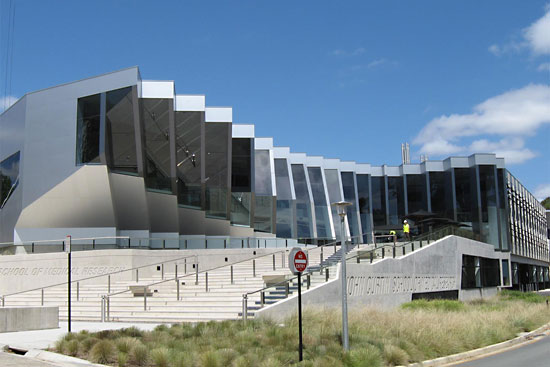ANU: Outstanding early career researchers receive funding
Research on how venom shapes biodiversity, changes to the Antarctic ice sheet over time, and the illegal parrot trade are among projects led by early career researchers at The Australian National University (ANU) to receive federal funding announced today.
Researchers from ANU received $5.6 million worth of funding across 13 projects in the latest round of the Australian Research Council (ARC) Discovery Early Career Researcher Award (DECRA) scheme.
ANU Deputy Vice-Chancellor (Research and Innovation) Professor Keith Nugent extended congratulations to the funding winners.
“It’s wonderful to see the dedication and curiosity among the 13 early-career researchers who have been acknowledged in the latest round of ARC funding,” he said.
“Over the next few years, these talented researchers will explore issues of national significance including conservation monitoring, energy transitions, quantum phenomena and climate change governance.
“At ANU, our research has the power to transform our world. I celebrate these efforts and warmly congratulate our skilled researchers from across the University.”
ARC Chief Executive Officer Ms Judi Zielke PSM said researchers benefit from the opportunity provided by the funding to research and train in high quality, supportive environments.
“The DECRA scheme allows researchers in the early stages of their career to develop and apply their research skills, on projects that benefit Australians,” Ms Zielke said.
ANU projects to receive DECRA funding:
Dr Rebecca Colvin – Harnessing social norms to find a socially acceptable energy transition
Assistant Professor Kaitlin Cook – In one zeptosecond: quantifying energy dissipation in heavy element fusion
Dr Damien Esquerre – The evolution of venom and its role in shaping biodiversity
Dr Gemma King – Signs on Screen: Language, Culture and Power in Sign Language Cinema
Dr Mira Käkönen – Volatile Rivers and the Infrastructure Politics in the Mekong Region
Associate Professor Aparna Lal – A geospatial toolkit to assess community risk to environmental change
Dr Galina Levitina – Spectral estimates in the presence of a magnetic field
Dr George Olah – Forensic genomic toolkit for tracking the illegal wildlife trade
Dr Mitzy Pepper – Comparative genomics to improve conservation planning in Australian deserts
Dr Thanh Son Pham – Probing Antarctic Ice Sheet by Correlation Seismology
Dr Prasanga Samarasinghe – Listening to Nature: Transforming Bioacoustics through Spatial Audio
Dr Ying Xin Show – Un/making homeland: Sinophone literature and Cold War culture in Malaya
Dr Jonathan Zhu – Rigidity and boundary phenomena for geometric variational problems

